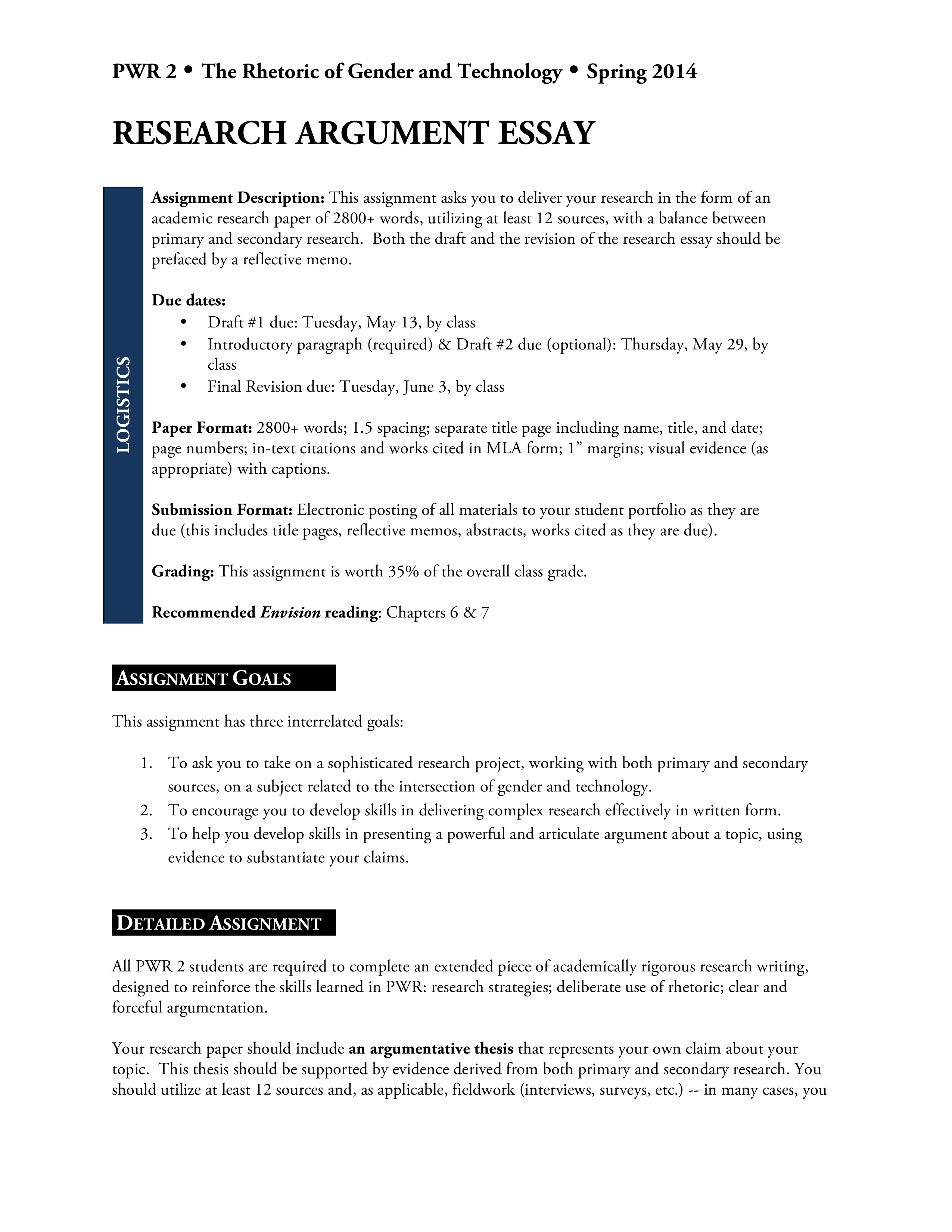Sample Research Argumentative Essay
Save, fill-In The Blanks, Print, Done!

Download Sample Research Argumentative Essay
Adobe Acrobat (.pdf)- This Document Has Been Certified by a Professional
- 100% customizable
- This is a digital download (151.11 kB)
- Language: English
- We recommend downloading this file onto your computer.
Are you looking for a professional Sample Research Argumentative Essay? What are the steps to writing an argumentative research paper? We have provided a sample research argumentative essay template that you can download and use as a guide. This template provides an outline and structure to help you write your own essay. It will also give you an example of an effective argument.
A research argumentative essay is a type of academic writing that requires you to investigate a topic, gather and evaluate evidence, and present a clear argument or position on that topic. In this type of essay, you are not only providing information but also engaging in a persuasive and argumentative discourse. The goal is to convince the reader of the validity of your perspective through well-reasoned arguments and the use of credible evidence.
Here are the key features of a research argumentative essay:
- Thesis Statement:
- Clearly state your main argument or claim in a concise and specific thesis statement. This is the central idea around which your entire essay revolves.
- Research and Evidence:
- Conduct thorough research on your topic to gather relevant and credible evidence. This may involve using academic articles, books, statistics, and other authoritative sources.
- Present a variety of evidence to support your argument. The more diverse and reliable your sources, the stronger your overall argument will be.
- Counterargument:
- Acknowledge and address opposing viewpoints or counterarguments. This demonstrates that you have considered alternative perspectives and strengthens your own argument by refuting potential objections.
- Logical Structure:
- Organize your essay in a clear and logical manner. Typically, you'll have an introduction, body paragraphs presenting your main points and supporting evidence, and a conclusion.
- Analysis and Interpretation:
- Analyze the evidence you present and explain how it supports your argument. Interpretation is crucial in demonstrating your understanding of the topic and the significance of the evidence.
- Persuasive Language:
- Use persuasive language to convince the reader of the validity of your argument. This involves clear and concise expression, logical reasoning, and a tone that is appropriate for your audience.
- Conclusion:
- Summarize your main points and restate your thesis in the conclusion. Emphasize the significance of your argument and suggest potential implications or applications.
- Citation and Documentation:
- Properly cite all sources used in your research. Follow the citation style specified by your instructor or academic institution.
Research argumentative essays are commonly assigned in academic settings to develop critical thinking, analytical, and writing skills. They require you to engage deeply with a topic, critically evaluate information, and present a well-supported argument that contributes to the existing body of knowledge on the subject.
Download this Sample Research Argumentative Essay template and save yourself time and efforts! You will see completing your task has never been simpler!
DISCLAIMER
Nothing on this site shall be considered legal advice and no attorney-client relationship is established.
Leave a Reply. If you have any questions or remarks, feel free to post them below.
Research Templates
We provide a professional fundamental and applied research template collection. Check out and download the most suitable sample research templates in Word or PDF!
Read moreRelated templates
Latest templates
Latest topics
- GDPR Compliance Templates
What do you need to become GDPR compliant? Are you looking for useful GDPR document templates to make you compliant? All these compliance documents will be available to download instantly... - Google Docs Templates
How to create documents in Google Docs? We provide Google Docs compatible template and these are the reasons why it's useful to work with Google Docs... - IT Security Standards Kit
What are IT Security Standards? Check out our collection of this newly updated IT Security Kit Standard templates, including policies, controls, processes, checklists, procedures and other documents. - Letter Format
How to format a letter? Here is a brief overview of common letter formats and templates in USA and UK and get inspirited immediately! - Google Sheets Templates
How to work with Google Sheets templates? Where to download useful Google Sheets templates? Check out our samples here.
cheese

